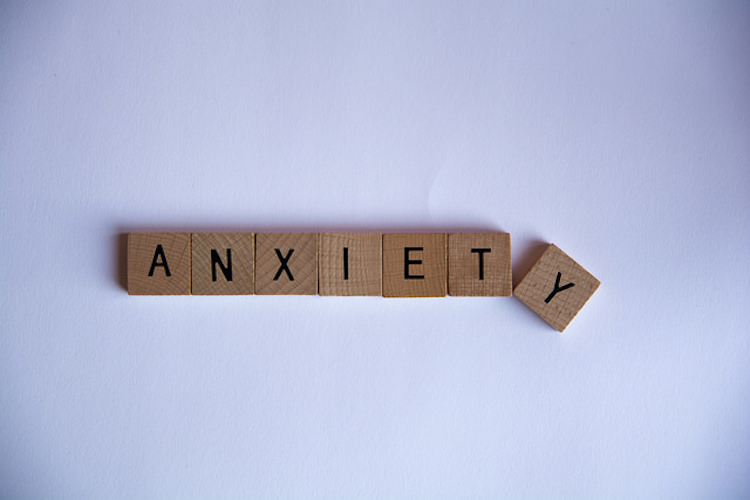Anxiety disorders are the most common type of psychiatric illness, yet researchers know very little about factors associated with recovery.
However, Canadian researchers were heartened to report earlier this week that there is hope on the horizon for people suffering from anxiety.
The study from the University of Toronto investigated three levels of recovery in a large, representative sample of more than 2,000 Canadians with a history of generalized anxiety disorder (GAD).
The study reports that 72% of Canadians with a history of GAD have been free of the mental health condition for at least one year. Overall, 40% were in a state of excellent mental health, and almost 60% had no other mental illness or addiction issues, such as suicidal thoughts, substance dependence, a major depressive disorder or a bipolar disorder, in the past year.
RELATED: Managing Your Gut Bacteria Shown to Alleviate Anxiety, Says New Research
The definition of excellent mental health sets a very high bar. To be defined in excellent mental health, respondents had to achieve three things: 1) almost daily happiness or life satisfaction in the past month, 2) high levels of social and psychological well-being in the past month, and 3) freedom from generalized anxiety disorder and depressive disorders, suicidal thoughts and substance dependence for at least the preceding full year.
“We were so encouraged to learn that even among those whose anxiety disorders had lasted a decade or longer, half had been in remission from GAD for the past year and one-quarter had achieved excellent mental health and well-being,” says Esme Fuller-Thomson, lead author of the study. Fuller-Thomson is director of the University of Toronto’s Institute for Life Course and Aging.
“This research provides a very hopeful message for individuals struggling with anxiety, their families and health professionals. Our findings suggest that full recovery is possible, even among those who have suffered for many years with the disorder,” she says.
MORE: Watching Birds Near Your Home is Good For Your Mental Health
Individuals who had at least one person in their lives who provided them with a sense of emotional security and wellbeing were three times more likely to be in excellent mental health than those without a confidant.
“For those with anxiety disorders, the social support that extends from a confidant can foster a sense of belonging and self-worth which may promote recovery,” says co-author Kandace Ryckman, a recent graduate of University of Toronto’s Masters of Public Health.
In addition, those who turned to their religious or spiritual beliefs to cope with everyday difficulties had 36% higher odds of excellent mental health than those who did not use spiritual coping. “Other researchers have also found a strong link between recovery from mental illness and belief in a higher power,” reports Fuller-Thomson.
CHECK OUT: Next Time You’re Feeling Stressed or Anxious, This Study Says You Should Play Tetris
The researchers found that poor physical health, functional limitations, insomnia and a history of depression were impediments to excellent mental health in the sample.
“Health professionals who are treating individuals with anxiety disorders need to consider their patients’ physical health problems and social isolation in their treatment plans,” says Ryckman.
The researchers examined a nationally representative sample of 2,128 Canadian community-dwelling adults who had a generalized anxiety disorder at some point in their lives. The data was drawn from Statistics Canada’s Canadian Community Health Survey-Mental Health and the research was published online ahead of press this week in the Journal of Affective Disorders.
Reprinted from the University of Toronto
Multiply The Good News By Sharing It With Your Friends On Social Media – File photo by Practical Cures, CC




















